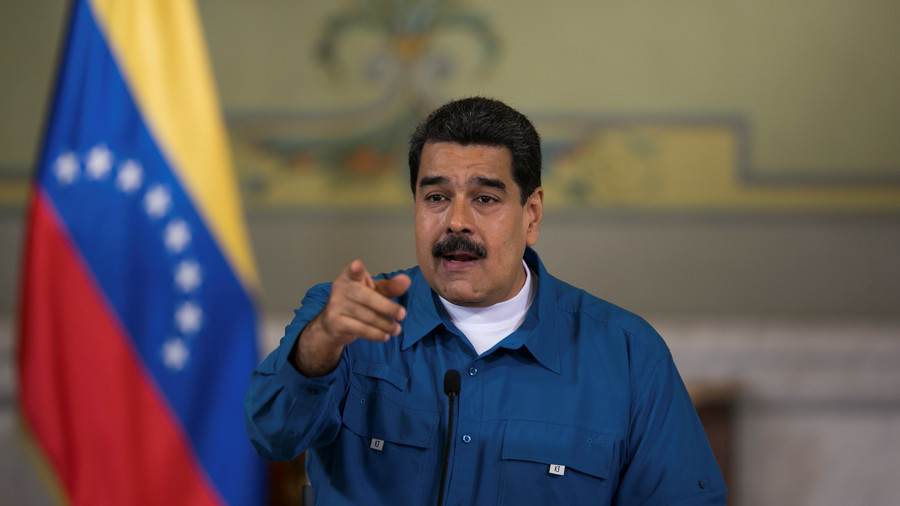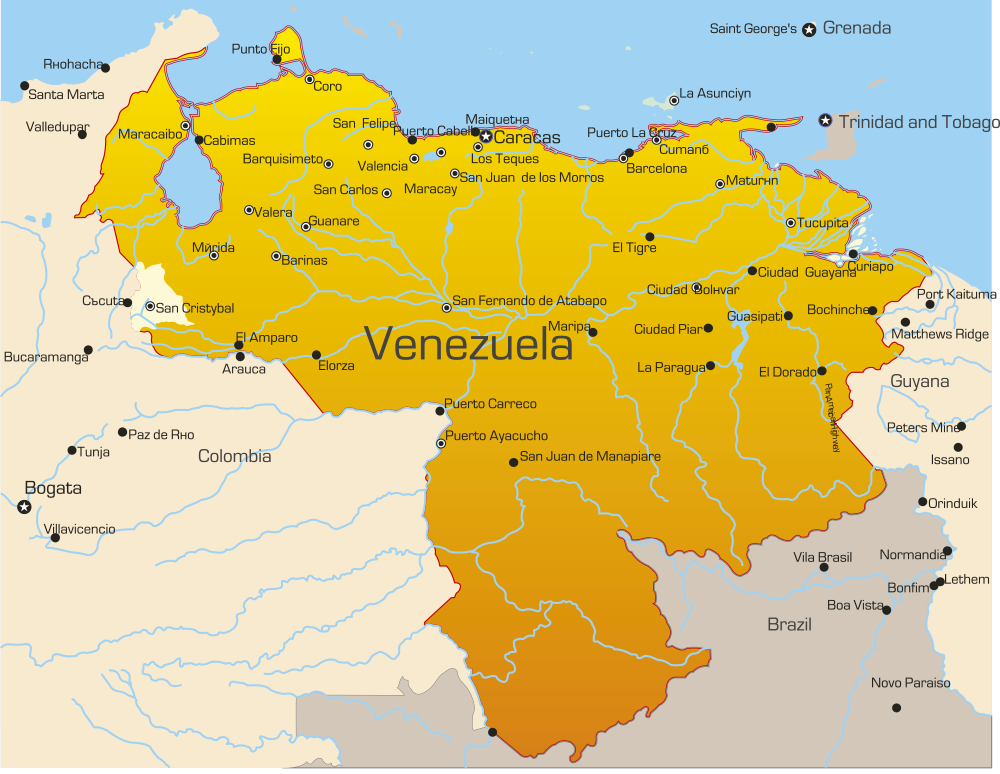The reality of Crypto
February 21, 2018 | Expert Insights

Venezuelan President Nicolas Maduro has revealed that the nation’s proposed cryptocurrency (named “Crypto”) has raised $735 million.
The government has announced the creation of the cryptocurrency to circumvent sanctions imposed by the US government.
Background
Despite having world's largest proven oil deposits, many Venezuelans have lived in abject poverty. The former President, Hugo Chavez, was in office from 1999 to 2013. In that period, billions of dollars were spent in generous social programs. After his death, his successor, Nicolas Maduro took office. There has been a rise in inflation and a shortage of basic goods. A drop in oil prices had added to the administration’s problems.
The nation’s economy has become increasingly unstable and there is hyperinflation in the region. In August 2017, CNN reported that 3,164 Bolivars was equivalent to $1. This is a problem because private banks let Venezuelans withdraw 30,000 bolivars ($2.88) from an ATM at a time. Reports have also revealed that hospitals in the country are running out of medicines and they are unable to treat those admitted. A recent study revealed that at least 93% of Venezuelans cannot afford to buy enough food. The study also stated that 73% of the population have lost weight in 2017 alone. Reports note that people have taken to scavenging through trash.
Amidst all the political turmoil, Venezuela's cushion of cash has fallen to its lowest point in over 20 years. As of late 2017, Venezuela only had $10 billion in reserves. A nation’s reserve funds are the amount of funds it has to address any crisis and to ensure economic stability. Additionally, the nation has incurred $120 billion in debt. The United States has also imposed heavy sanctions on Venezuela that has further affected its economy.

Analysis
In December 2017, Venezuela announced that the nation would be releasing oil-backed state cryptocurrency called the ‘Petro’. This has been done to help its struggling economy. President Nicolas Maduro also noted that this cryptocurrency would combat the US-led financial “blockade,”. At the time he said, “Venezuela will create a cryptocurrency ... the ‘petro,’ to advance in issues of monetary sovereignty, to make financial transactions and overcome the financial blockade.”
On February 20th, 2018, Maduro in a national broadcast revealed that Crypto had raised $735 million. "Today, a cryptocurrency is being born that can take on Superman," Maduro was quoted as saying by Reuters. He is also reported to have said during a national broadcast, “We have taken a giant step into the 21st Century. We are on the world’s technological vanguard.”
However, the government has still not provided details on the individuals or the corporations that have invested. The presale that was launched on 20th February is expected to last until next month. The government has unveiled a website that has a guide on setting up a virtual wallet.
"They have been trying to figure out ways to get around anti-money laundering sanctions provisions, and crypto is maybe one way they can do that," Toro, who is editor of the blog Caracas Chronicles, told CNBC in a phone interview on Saturday.
"Putin and Maduro have very similar problems," Mati Greenspan, senior market analyst at social trading firm eToro, told CNBC in an email last week. "They both have a high dependence on the price of crude oil, which has been rather unstable in the last few years. They both have issues with U.S. sanctions and with the U.S. dollar being the world reserve currency." He added: "To think that of all the governments and banks who are toying with the idea it would be Nicolas Maduro who gets there first. I suppose desperation breeds innovation."
Blockchain experts have warned the petro is unlikely to attract significant investment. The government has stated that 100 million tokens of Petro would be valued at $6 billion. The Venezuelan government claims that the Petro token will be backed by a single barrel of oil and tied to the market price from the previous day.
Assessment
Our assessment is that if Crypto becomes a reality, then Venezuela will become the first country to issue its own cryptocurrency. This will come during a period when countries around the world are either trying to ban or regulate cryptocurrency exchanges. There are still multiple questions that surround the launch of Crypto. There is no clarity on what network this token will exist in (although some have suggested Ethereum network). Given that the average wage of a Venezuelan is now $3, it is unlikely that they will be able to afford buying these tokens. In addition, cryptocurrency exchanges are highly volatile and could further affect the economy. The country is taking a risk, but if successful could completely change the game.








Comments